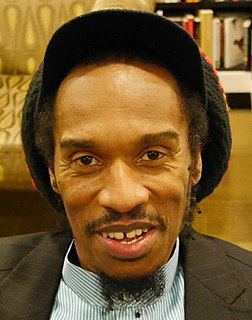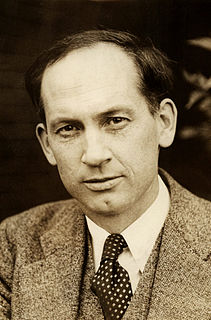A Quote by Jerry Garcia
The point is there is more information now then you can pass along comfortably in an oral tradition, say a strictly speaking culture. That is a problem.
Related Quotes
It is suggested that all written works, including this one, have dangerous implications to the vitality of an oral tradition and to the health of a civilization, particularly if they thwart the interest of a people in culture, and following Aristotle, the cathartic effects of culture. "It is written but I say unto you" is a powerful directive to Western civilization.
The blues are important primarily because they contain the cultural expression and the cultural response to blacks in America and to the situation that they find themselves in. And contained in the blues is a philosophical system at work. And as part of the oral tradition, this is a way of passing along information.
I used to be skeptical when educators and technologists predicted that we may be entering a new era of oral culture, in which audible information will be at least as important as visible information. Now that I have adopted into my own daily life a device that makes music and spoken-word files easy to access from anywhere, I have tempered my skepticism.
The culture of chefs is a melting pot, and I always say this - if we could put all the heads of state around a table, each representing their food culture, and then each take one bite of the other's and pass it to the right, and then explain the ideals and culture around those bites, our world problems would be easier to solve.
The rationale for accepting or rejecting any theory is thus fundamentally based on the idea of problem-solving progress. If one research tradition has solved more important problems than its rivals, then accepting that tradition is rational precisely to the degree that we are aiming to "progress," i.e., to maximize the scope f solved problems. In other words, the choice of one tradition over its rivals is a progressive (and thus a rational) choice precisely to the extent that the chosen tradition is a better problem solver than its rivals.




































